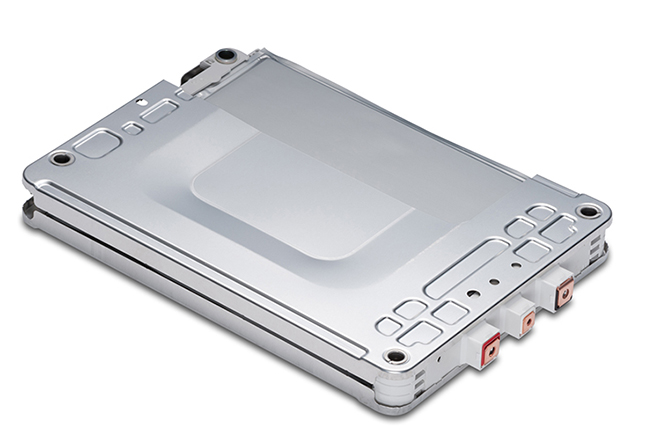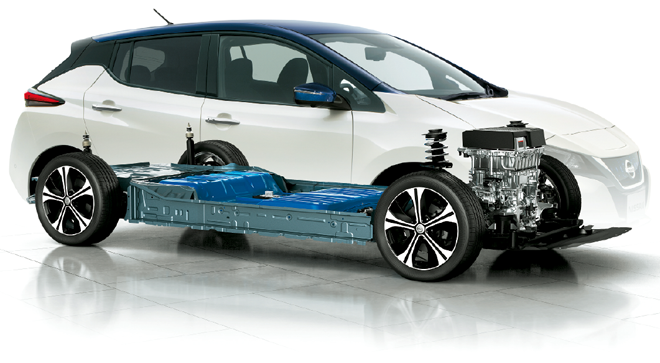Data collected by Nissan indicates that a LEAF battery should last as long as 22 years, according to Francisco Carranza, Managing Director of Renault-Nissan Energy Services. Nissan monitors various parameters, including charging patterns and battery degradation, on the over 400,000 LEAFs it has sold in Europe since 2011.
Carranza did not discuss the issue of capacity loss, nor did he say how long the batteries would be suitable for use in a vehicle, but he did imply that Nissan sees second-life batteries as a way to boost revenue, as electrification is expected to cut into some of automakers’ traditional revenue streams.


“We are going to have to recover those batteries,” Carranza told journalists at the recent Automotive News Europe Congress. “Aftersales revenue will massively suffer from electrification,” Carranza said.
Nissan has a number of second-life battery projects underway. Last year a three-megawatt storage system using the equivalent of 148 LEAF batteries went into service at Amsterdam’s ArenA soccer stadium. Nissan also offers solar panels and battery storage for homes (a la Tesla) under the Nissan Energy Solar brand. “We are stepping away from the garage and closer to the living room,” Carranza said.
Nissan is also exploring ways to use EVs to balance supply and demand on the electrical grid. The company recently participated in a cross-brand V2G demonstration in Denmark. The LEAF is certified as an “energy plant” in Germany, Denmark and the UK, allowing it to be connected to the grid. “It’s working even better than we anticipated selling back to grid,” Carranza said. “The more you dig, the more you find gold. The amount of revenue and profit by using vehicles to provide services to the grid is big.”
Source: Automotive News



















































